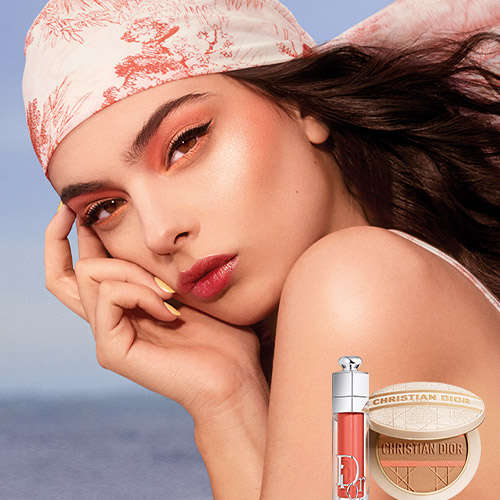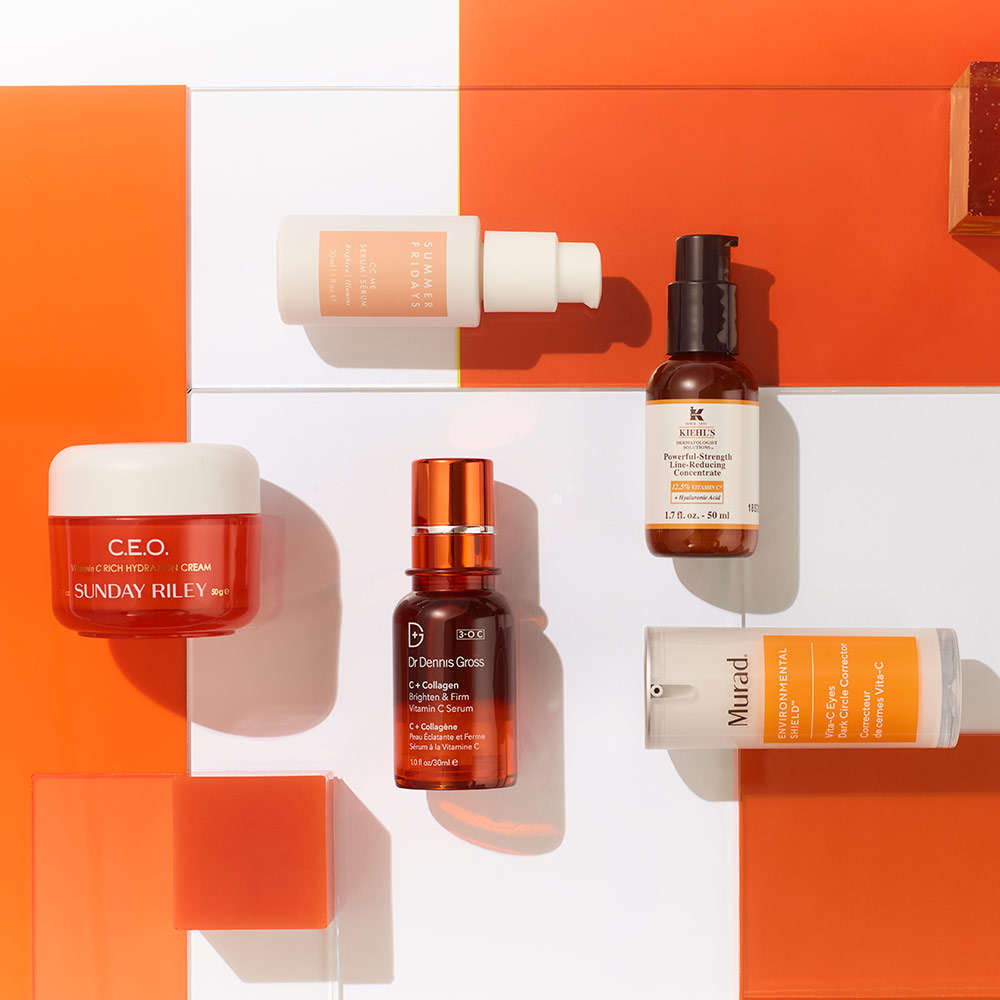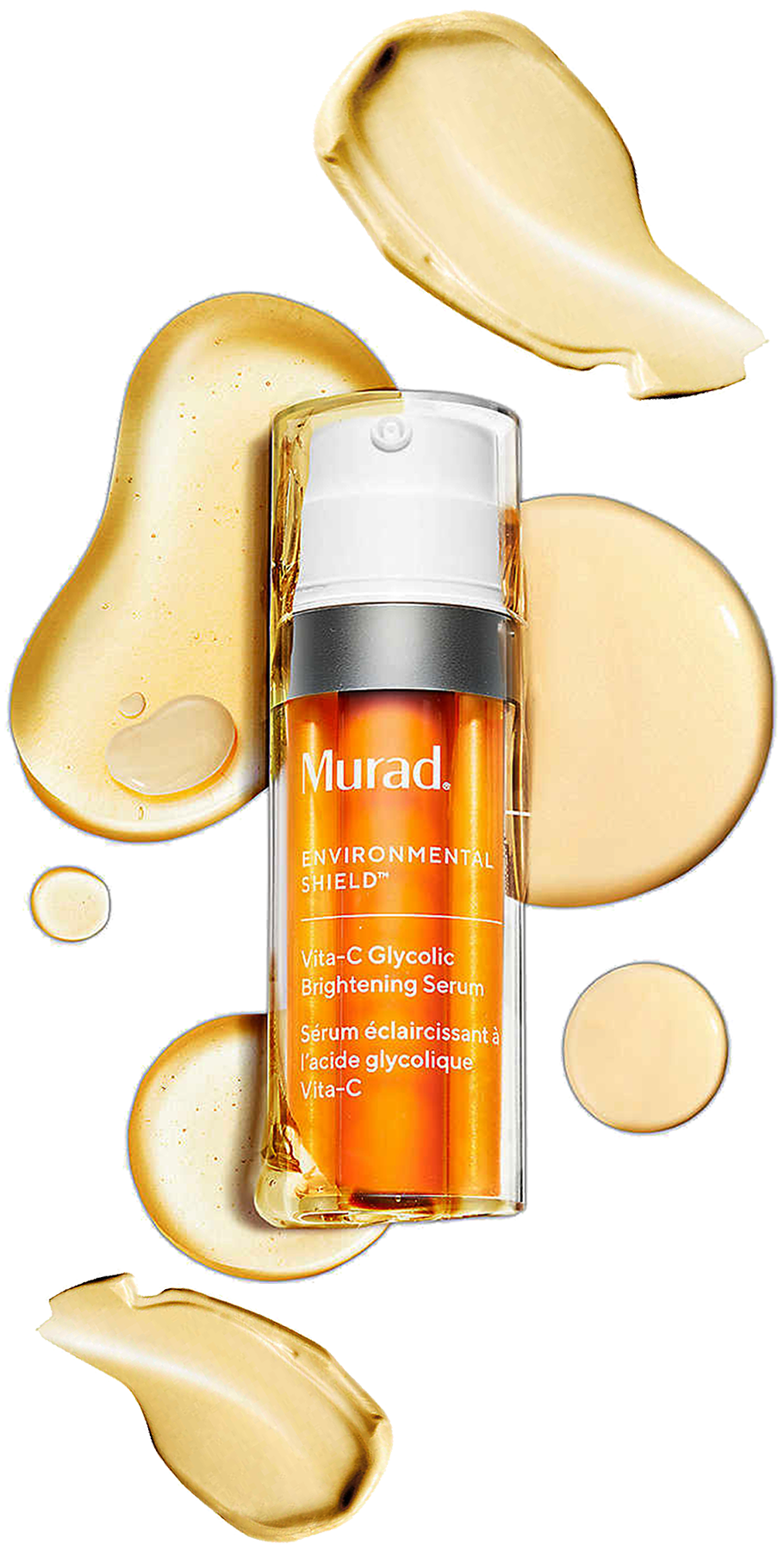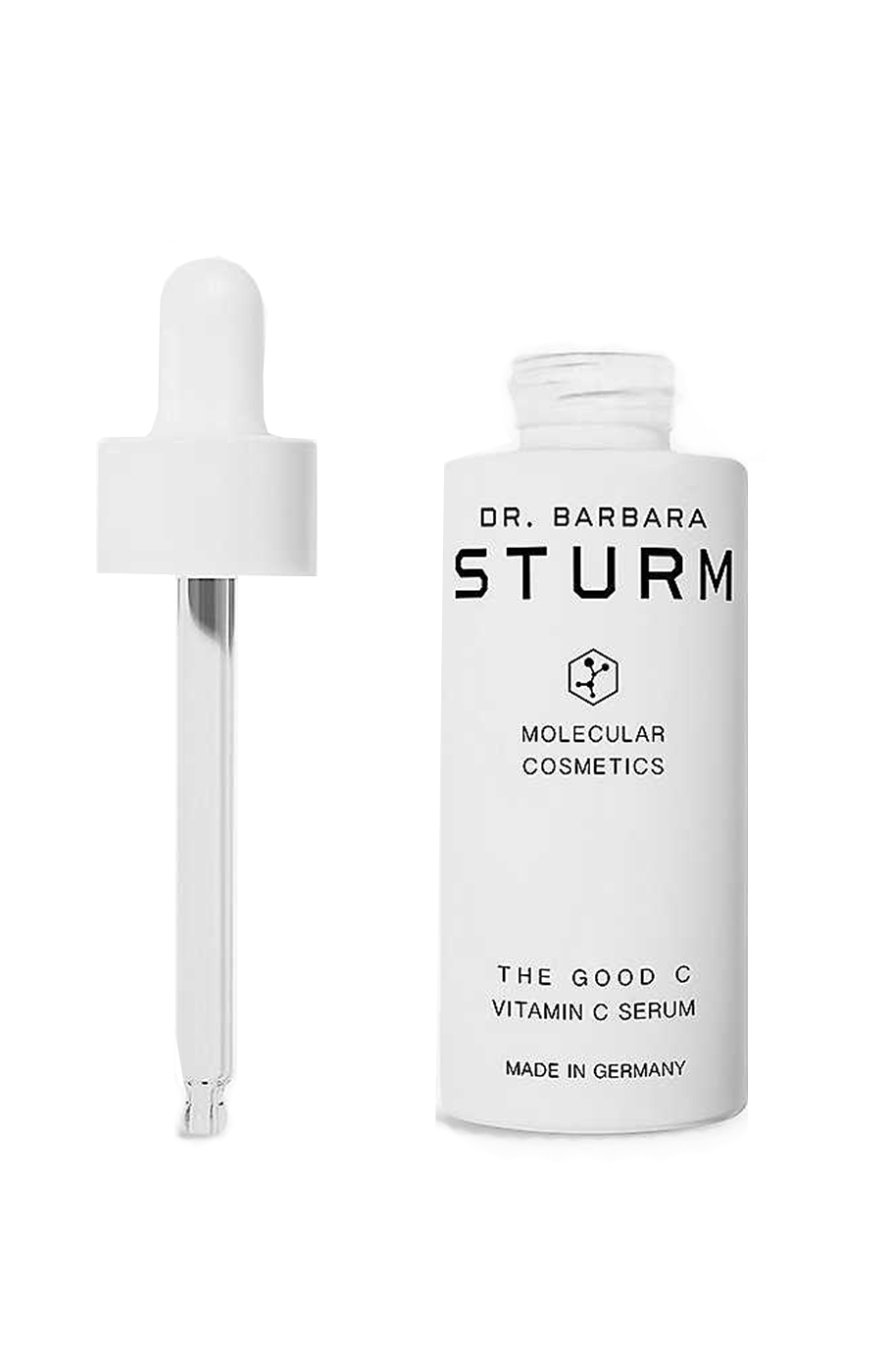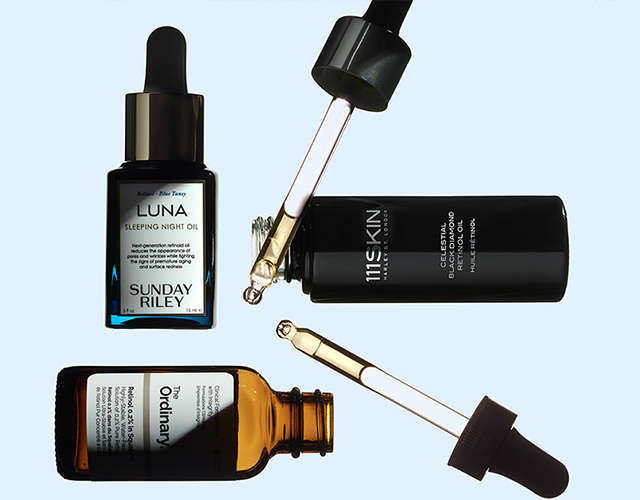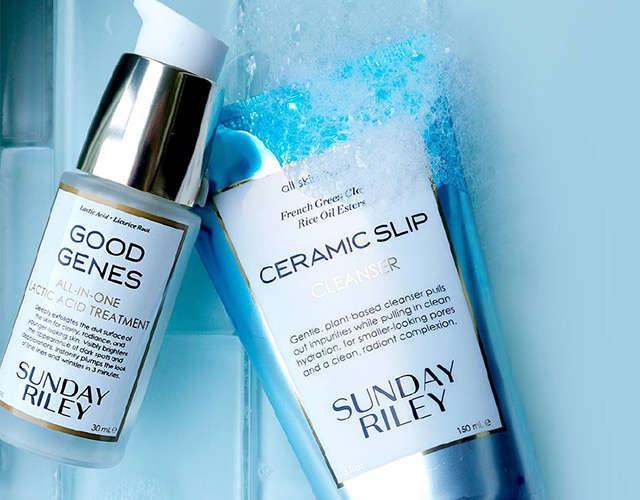- Australia / AUD $
- Canada / CAD $
- China / CNY ¥
- France / EUR €
- Germany / EUR €
- Hong Kong SAR China / HKD $
- Ireland / EUR €
- Italy / EUR €
- Japan / YEN ¥
- Kuwait / USD $
- Macao SAR China / HKD $
- Netherlands / EUR €
- Qatar / USD $
- Saudi Arabia / USD $
- Singapore / SGD $
- South Korea / KRW ₩
- Spain / EUR €
- Taiwan / TWD $
- United Arab Emirates / USD $
- United Kingdom / GBP £
- United States / USD $
- Not yours? Read more
Tell us what you think
Shop in your local currency and language
You are currently in France FR / EUR € store
- English
- English
- English
- English
- English
- English
- English
- English
- English
- English
- English
- English
- English
- English
- English
- English
- English
- English
- English
- English
- English
Did you know that we deliver to 130 countries or regions and offer a range of delivery options to suit you wherever you are in the world? Find out more
Sign up once to our Selfridges+ service and you can enjoy unlimited deliveries wherever you are in the world. FIND OUT MORE
International delivery
With almost everything on selfridges.com available for International Delivery, you can send your order to 130 countries or regions around the world, including North America, Australia, the Middle East and China.
Although we only offer 20 currencies to browse in online, you can still deliver to all of the following countries or regions:
- Algeria
- Andorra
- Antigua and Barbuda
- Aruba
- Australia
- Austria
- Azerbaijan
- Bahrain
- Bangladesh
- Barbados
- Belarus
- Belgium
- Belize
- Bermuda
- Bolivia
- Botswana
- Brunei
- Bulgaria
- Cambodia
- Canada
- Cayman Islands
- Chile
- China
- Colombia
- Costa Rica
- Croatia
- Cyprus
- Czech Republic
- Denmark
- Dominica
- Dominican Republic
- Ecuador
- Egypt
- El Salvador
- Estonia
- Finland
- France
- French Guiana
- Germany
- Gibraltar
- Greece
- Grenada
- Guadeloupe
- Guatemala
- Guernsey
- Guyana
- Honduras
- Hong Kong
- Hungary
- Iceland
- India
- Indonesia
- Ireland
- Israel
- Italy
- Jamaica
- Japan
- Jersey
- Jordan
- Kazakhstan
- Kenya
- Kuwait
- Laos
- Latvia
- Lebanon
- Lesotho
- Liechtenstein
- Lithuania
- Luxembourg
- Macau
- Malaysia
- Maldives
- Malta
- Martinique
- Mayotte
- Mexico
- Monaco
- Montserrat
- Morocco
- Myanmar
- Namibia
- Netherlands
- New Zealand
- Nicaragua
- Nigeria
- Norway
- Oman
- Pakistan
- Panama
- Paraguay
- Peru
- Philippines
- Poland
- Portugal
- Puerto Rico
- Qatar
- Reunion
- Romania
- Rwanda
- Saint Kitts and Nevis
- Saint Lucia
- Saint Martin (French part)
- San Marino
- Saudi Arabia
- Serbia
- Singapore
- Slovakia
- Slovenia
- South Africa
- South Korea
- Spain
- Sri Lanka
- Suriname
- Swaziland
- Sweden
- Switzerland
- Taiwan
- Tanzania
- Thailand
- Trinidad and Tobago
- Turkey
- Uganda
- Ukraine
- United Arab Emirates
- United Kingdom
- United States
- Uruguay
- Venezuela
- Vietnam
What’s the big deal?
Ask any skin expert or dermatologist (trust me, I’ve asked a helluva lot), and they’ll tell you the three things you can do for your skin that make the biggest positive difference are retinol, SPF and vitamin C. So, by now we (should) all know about the importance of using SPF – and if you’re not already on the retinol bandwagon, take a look at our guide right here – but vitamin C may be one that you’ve dabbled in but haven’t made part of your everyday routine. Well, I’m here to tell you it’s time to get serious about the big C because it has a lot to offer and an abundance of benefits for your skin.
Why should I use it?
So, why’s it so great, you ask? Well, it’s a powerful antioxidant that helps the body to protect itself from something called ‘free radical damage’ – this is a beauty buzzword for the negative effects our environment can have on our skin (think: pollution, UV rays, stress etc). As well as preventing signs of skin damage, vitamin C treats dullness, pigmentation and uneven skin tone by brightening the complexion and smoothing fine lines by boosting hyaluronic acid and collagen production in the skin. In essence: it protects and treats as well as giving serious glow. See, told you it was a good ’un.
How do I use it?
The beauty of vitamin C is that it plays well with others and is often formulated alongside hydrating, soothing ingredients, or even exfoliating acids, to deliver multiple benefits. You can choose between a range of forms and textures, depending on your personal preference or skin concerns. The most common is a serum, which delivers a targeted treatment directly into the deeper layers of the skin, but vitamin C is also found in richer face oils (and is particularly good for dry skin), eye creams or one-off treatments and face masks. In terms of when to apply, it’s best to use a serum on freshly cleansed skin and leave to absorb for a minute or two (to work its magic) before following with a hydrating serum, oil or moisturiser. It can be used morning and night, but thanks to its brilliant protective powers, it’s especially favoured in the morning to tackle whatever the day throws at you.
Your questions, answered by experts

Dr. Murad
Board Certified Dermatologist and Founder of Murad Skincare

Dr. Barbara Sturm
Founder and CEO of Molecular Cosmetics Skincare






